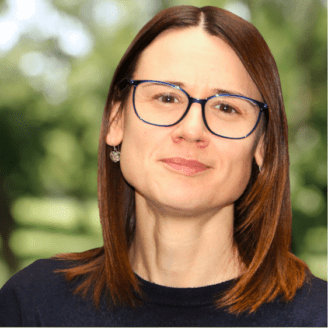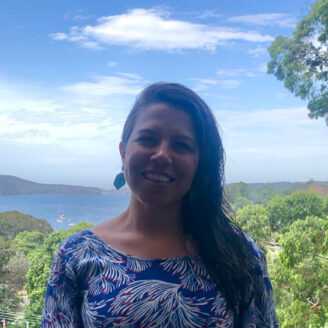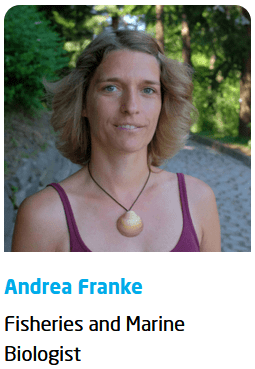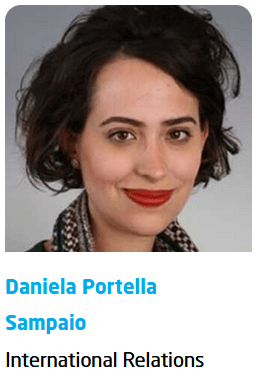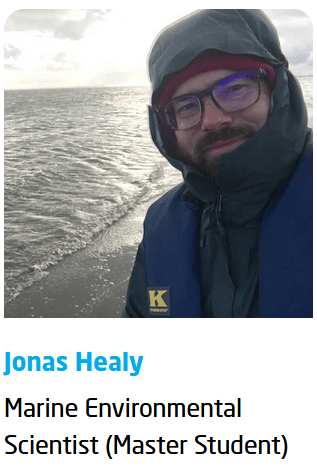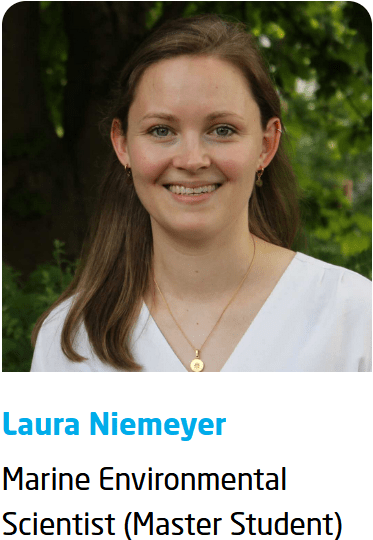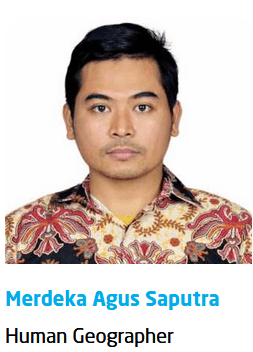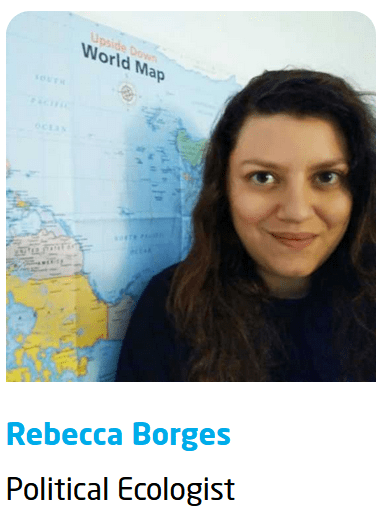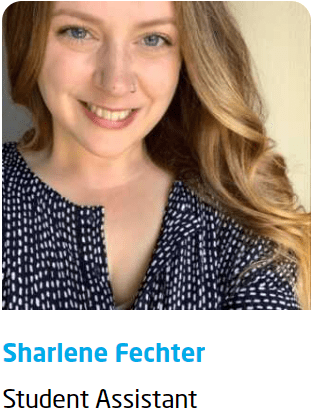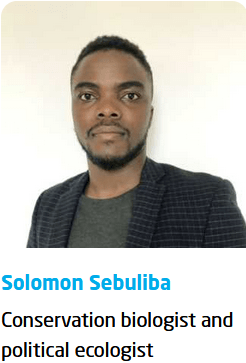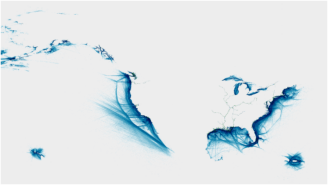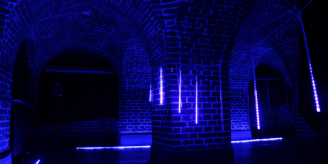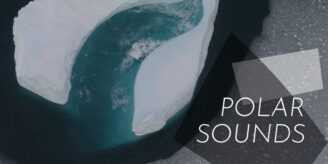
- General Information
- Team
- Alumni
- Podcast Episodes
- Blog
In our marine governance group, we do the vital work of researching the functioning of institutions, organisations, communities and individuals in managing seas and oceans. No study of our changing earth, changing oceans, should be without the inclusion of understanding people: what people do (and don’t do), how they act (and react), how they (ab)use power, deploy politics, and shape futures. Understanding governance as a peopled process – and the oceans as peopled seascapes – is an essential strand of our biodiversity research at the HIFMB.
Without a critical understanding of what exactly is being governed (biodiversity, the seabed, the water column, a designated area of ocean) why it is being governed (historical power dynamics, economic interest, conservation, political control), how it is being governed (and the mechanisms used, from legal apparatus such as law, to tools such as Marine Protected Areas), who governance actors are and likewise who is impacted by the provisions of governance, we lack adequate knowledge on the functioning of systems that shape our world.
Such knowledge is essential. Reams of scientific data enter policy domains daily, but an incomplete understanding of how governance functions can lead to situations that do not protect but actually cause harm to our oceans as well as to those who lives are entangled with them. Our group looks beyond the status quo of governance discourse and past the accepted and naturalised regimes of governing to question and quiz the logics at their heart.
We are not concerned with technical issues of governance. Nor is it our business to transfer science to policy (that is the work of our Transfer Office). Our work is to research governance itself and shine a light on the often taken-for-granted ways our oceans are organised and controlled.
To do so, we bring together an exceptional range of people, working across an exciting array of disciplines at the cutting edge of the marine social sciences and blue humanities: anthropology, art, architecture, human geography, international relations, marine spatial planning and political ecology. We work together, in conversation, to look differently at enduring concerns of marine governance.
Our research is theoretically deep, empirically rich and creatively innovative. It is justice-driven and alert to dimensions of power implicit in governing. It is focused on how we engage people with the oceans and take seriously connections, meanings and emotions in approaching governance. Our research takes place in ‘the field’ and at the desk, engaging primarily qualitative methodologies from listening, talking with people, oral histories, ethnographies, discourse analysis, and more. Our work engages an ethic of care and this ethos shapes us as a Group as well.
You can read more about the projects that define us in the staff profiles below. Want to get in touch? You can contact us at ed.bmfih@ecnanrevogeniram
Our team for Marine Governance
Team leads
Kimberley Peters
Paula Satizábal
Human Geographer
Satya’s innovative research examined the politics of shipping movements, related infrastructures, and the environmental controversies surrounding them. He was committed to equality and justice in his work and he engaged colleagues with humour, kindness and genorsity. As a first member of the team, his ethics of care continues to echo through the group.
Would you like to learn more about the people and their projects? Listen to our podcast episodes:
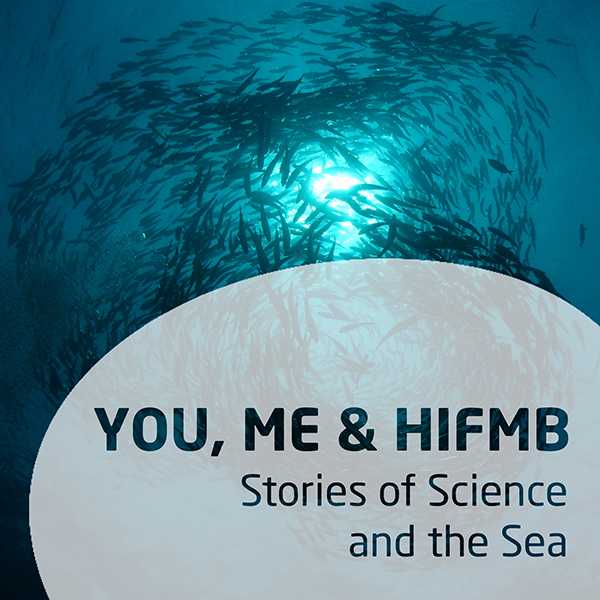
Jan-Claas – Turning the Tables on the Podcast Host
Kristin – (Finally) Full-Time Science Coordinator
Merdeka – Tinny Perspective Switcher
Soli – on How to Add Emotion to Marine Governance
Solomon – Inventor of the “Bio Ocean”
Sharlene (Alumni) – Searching for Stakeholders in Antarctica and a PhD in Australia
Kimberley – About Fortune, Failure and Something Special
Welcome to the mini podcast series “Social Science Matters,” which is dedicated to exploring the important world of social science research in the marine environment.
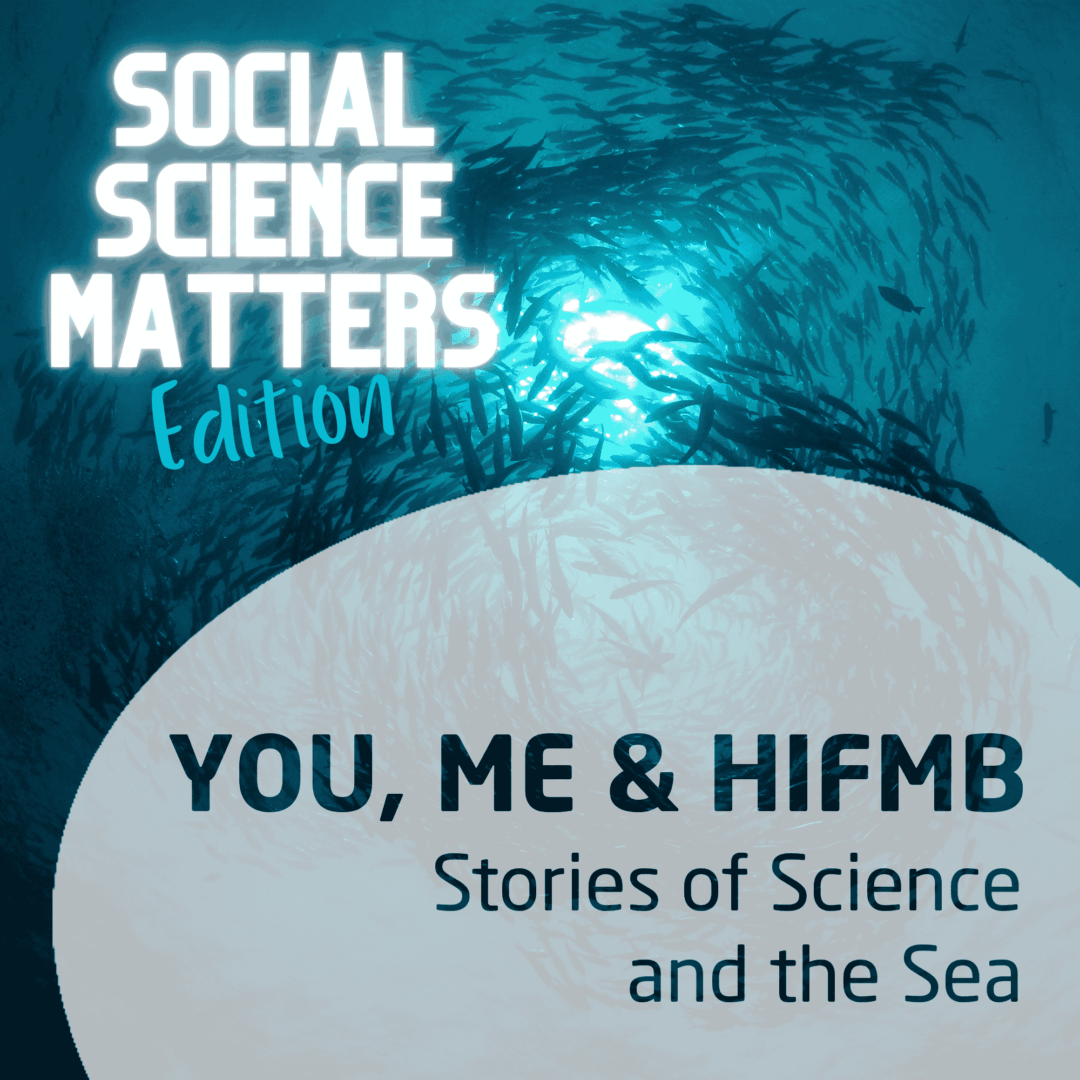
Episode 0: Welcome
Episode 1: What is Social Science and Marine Social Science?
Episode 2: How to Start Thinking About Social Worlds
Episode 3: Before You Go Anywhere! Practical Concerns and the Matter of Ethics
News and articles on the topic
The Ocean – an Empty Space?
The ocean is most often seen as an empty space, for example in maps, where it is most often depicted as a blue shaded area next to colorful lands, mountains and valleys, forests and deserts, towns and roads. This is due to the traditional approach to creating maps and thinking about landscape (the clue is already in the term), people going as far as they can and writing about the things they find. The ocean in contrast is an inhospitable place to wander for humans, only with the aid of devices such as boats it becomes possible to leave the shore, creating the image of a vast desert in our minds.
Mirrors – Following the Acoustic Journey of the Minke Whale
Mirrors is a sound installation that follows the acoustic journey of the Minke Whale as it travels from Antarctica to Namibia. A collaboration between artist-researcher Geraint Rhys and Marine Acoustic scientist Dr Ilse van Opzeeland it charts how the vocalizations of the Minke changes with a change in location as it migrates across the oceans.
Polar Sounds: Remixing the Sounds of the Arctic and Antarctic Seas
Polar Sounds is an art-science collaboration in which sound artists from around the world were able to use 50 sound clips from the Arctic and Antarctic seas to create their own compositions. Nearly 300 artists from 45 countries applied for the opportunity to reinterpret these sounds.
